5 Simple Swaps for a Green Zero-Waste Kitchen (that will save you money too!) +VIDEO {Pure | Green | Minimalism}
These simple swaps inspired by minimalism will help you move toward a green zero-waste kitchen while saving you money too! Here are 5 simple swaps for a green, zero-waste kitchen!
{Pure | Minimalism | Zero-Wste}
You can find more environmental health tips, healthy recipes, lifestyle tips and more on my YouTube Channel!
Affiliate Discloser & Privacy Policy (please review our complete policy here): we use affiliate links and analytics on our website, social media posts and newsletter which utilize cookies placed on your browser to track sales activity. This post is NOT sponsored but may contain affiliate links. When you click an affiliate link on our Website, a cookie will be placed on your browser to track sales activity. When you click these links and purchase a product, we may receive a small commission to help support the maintenance of our website, but the price is the same for you. Users can control the use of cookies at the individual browser level. Please review our complete privacy policy here. Thank you for your support! These statements have not been evaluated by the FDA and should not be considered medical advice or treatment. Please consult your personal health provider before making any changes to your diet or lifestyle.
During Earth Month I am sharing some SimplePureWhole strategies for living a cleaner, greener life! These simple swaps inspired by minimalism will help you build a green zero-waste kitchen while saving you money too!
The kitchen is often one of the places where we use the most plastic and throw-away materials. Americans recycle only 34.5% of recyclable materials overall and recycle plastic packaging at the even smaller rate of 14%. Once produced, these materials are here for eons and many end up polluting waterways and oceans where they can harm marine life.

Fortunately, there are plenty of simple swaps you can make to reduce your use of plastic and other disposable materials in your eco-friendly home and zero-waste kitchen. This costs you less money in the long run, keeps food fresh without chemicals, generates less clutter and creates less waste that can end up in landfills, rivers, lakes and oceans.
In my Simple | Pure | Whole Virtual Guided Home Detox we work together to transform your home into a clean, safe sanctuary for you and your family. From cleaning to furniture, to cooking, to pure water solutions, to personal care to pet care, you will learn everything you need to create a healthy home and live your healthiest, greenest, happiest life! Contact me for your personalized virtual home detox package!
5 simple swaps for a green, zero-waste kitchen!
Make a few simple swaps to craft a more sustainable and green zero-waste kitchen. As an added benefit you will save money while helping the earth. Here are 5 simple swaps for a green, zero-waste kitchen!
Swap A Reusable Food Wrap for Aluminum Foil and Plastic Wrap
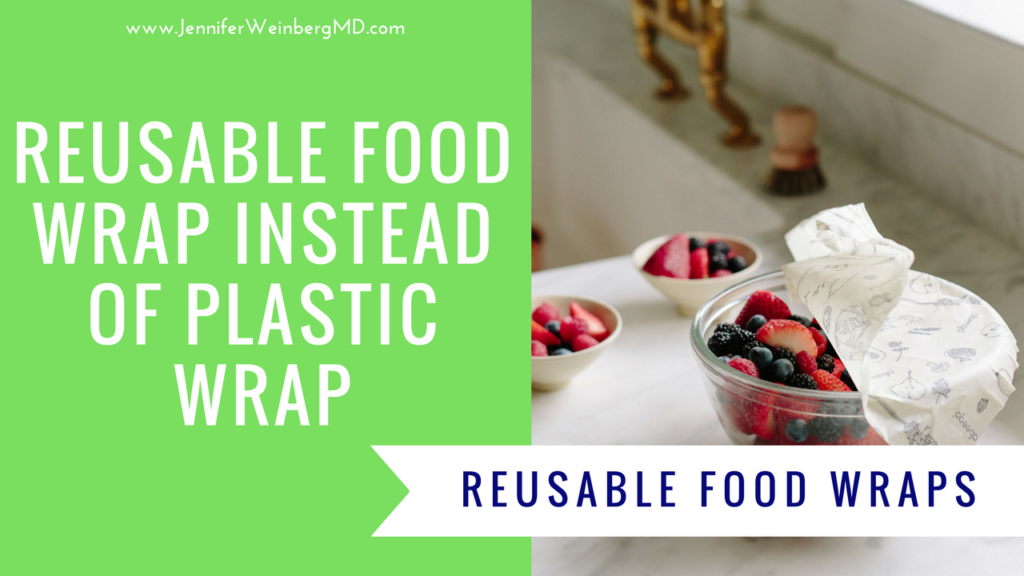
Reusable food wraps are an alternative to aluminum foil and plastic wrap for various food storage needs in your zero-waste kitchen.
Aluminum is a heavy metal controversially linked to neurological disease, including Alzheimer’s dementia. Studies suggest that cooking food in aluminum foil, especially acidic foods, at high temperatures in the oven may carry a risk to the health by adding to other aluminum sources (such as pots, utensils, spices and drinking water).
Although newer plastic wraps and clings are generally made without phthalates in the US, they commonly contain plastics like low-density polyethylene (LDPE) which contains diethylhexyl adipate (DHEA) or polyvinylidene chloride (PVDC) which have been linked to birth defects, skin diseases and hormonal disruption. This is especially problematic when plastics are used to cover dishes being heated in microwave ovens which can allow chemicals to leach into foods.
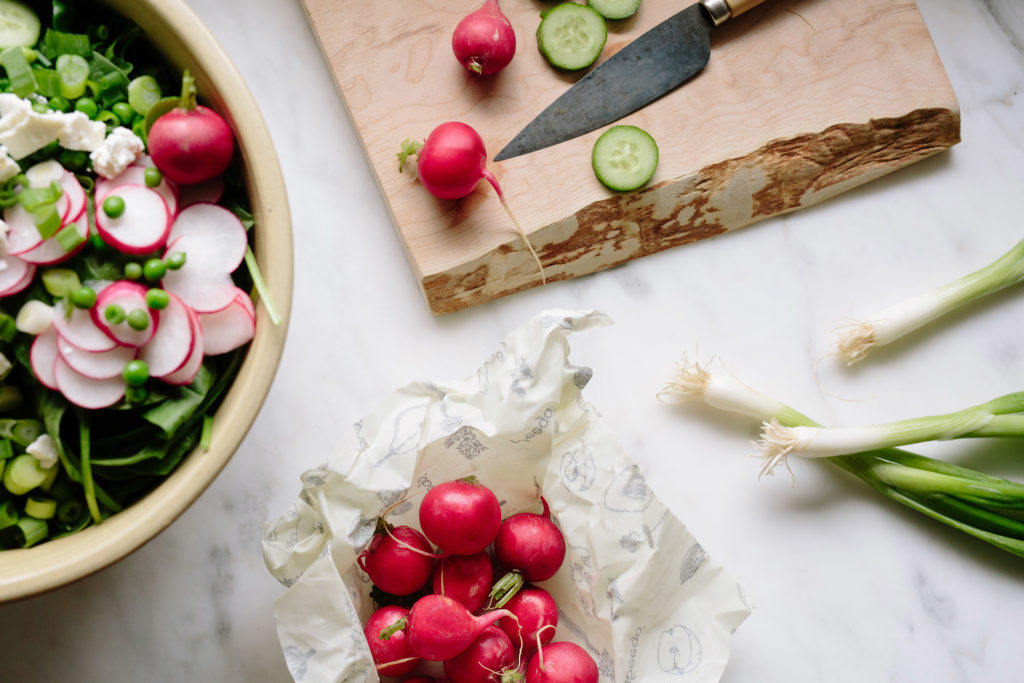
Reusable food wraps (affiliate link) make the perfect eco-friendly alternative to foils, plastic wraps, and parchment papers. The average household throws 1 in 4 produce items into the trash so reusable food storage options not only provide a safer alternative, they also help to extend the life of your food.
For example, these organic food wraps from Abeego are natural, reusable products that help keep food alive longer and take the waste out of food storage. Abeego wraps (affiliate links) also take less energy to produce and are durable and long-lasting.
Beeswax-based options (affiliate link) like Abeego food wraps are moldable wraps made with beeswax, tree resin and organic jojoba oil infused into a hemp and organic cotton cloth. They are self-adhesive, so they easily bend with the heat and pressure of your hands to fit over and mold to any shape container. Once they cool when placed in the refrigerator they maintain their shape to keep your food covered and sealed.
There are also vegan reusable food wrap options which use a blend of plant oils to create a flexible, self-sticking reusable wrap for storing and packing food.
These reusable food wraps can be washed with cool water and gentle eco-friendly soap (affiliate link) and reused, saving you money and creating less waste. Abeego wraps (affiliate link) are naturally antibacterial, breathable, plastic-free and compostable, making them a great waste-free option for keeping food fresh and safe!
- Stock up on a variety of sizes (affiliate link), to use in your healthy, sustainable lunchbox and zero-waste kitchen for everything from wrapping loose veggies, packing snacks and protecting sandwiches to covering bowls.
- The larger size (affiliate link) can hold loaves of bread and produce hauls, so you can throw some in your grocery bag and avoid plastic wraps and bags at the grocery store or farmer’s market too!
- You can also try making your own reusable food wraps out of organic cotton.
Swap Glass Water Bottles + A Water Filtration System Instead of Plastic Water Bottles
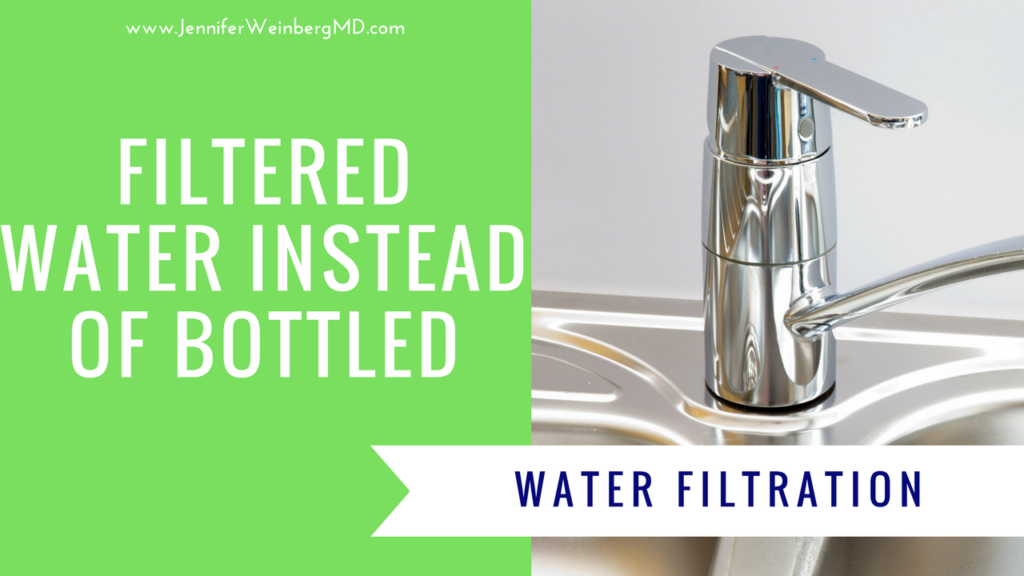
Water is a necessity in any kitchen for cooking and drinking. While tap water commonly contains many undesirable chemicals and contaminants, bottled water is not necessarily a better alternative. In fact, at least 25% of bottled waters are sourced from the tap with studies showing that many brands contain endocrine-disrupting phthalates, mold, microbes, benzene and even arsenic.
In addition, bottled water produces up to 1.5 million tons of plastic waste per year. According to Food and Water Watch, in 2016 4 billion pounds of plastic was used in U.S. bottled water production, requiring an estimated energy input equivalent of about 64 million barrels of oil. Unfortunately, over 80 percent of these plastic bottles are simply thrown away.
Bottled water also costs thousands of times more than tap water, with a gallon’s worth of single-serve bottled water costing almost $9.50 — nearly 2,000 times the price of tap water, three times the national average price for a gallon of milk and four times the national average price for a gallon of regular grade gasoline.
Reusing single-use bottles may seem like a more sustainable solution, but the plastic can harbor bacteria and break down with multiple uses to release chemicals. Recent studies show an alarming amount of microscopic plastic particles in bottled water around the globe, almost twice the amount found previously in tap water. The World Health Organization is currently investigating this area further for potential health impacts.
- For now, the best option for more sustainable, healthier drinking and cooking water is filtered tap water. Opt for a high-quality countertop or whole house filter that removes most contaminants reported in your water supply. I use this Berkey countertop water filter (affiliate link) which is constructed of stainless steel instead of plastic and produces great tasting water with little maintenance.
- Store your filtered water in reusable glass (affiliate link) or stainless steel containers.
- BONUS: use a filtered water bottle to always have access to safe, clean water even on-the-go.
Swap Reusable Organic Cotton Produce Bags Instead of Plastic
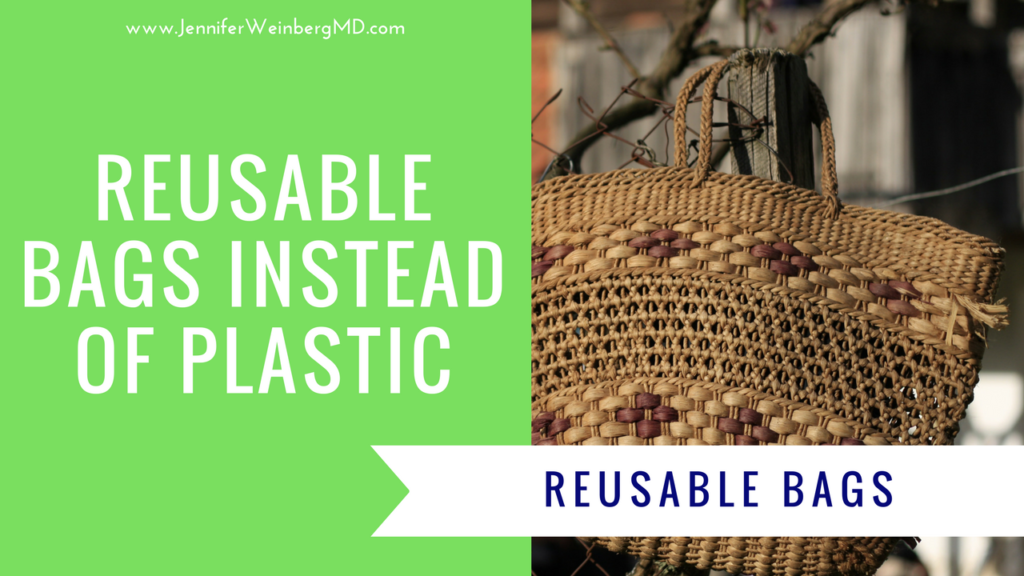
Plastic bags are one of the worst offenders in our disposable lifestyles and an impactful swap for a zero-waste kitchen.
Worldwide, a trillion single-use plastic bags are used each year, nearly 2 million each minute, including large trash bags, thick shopping bags, and thin grocery bags. Every year, Americans alone throw away 100 billion plastic grocery bags, most of which are used once and tossed away.
- Reduce the use of single-use disposable plastic bags by opting to bring your own useable bags when shopping for food and other items. Carry some with you in your pocket, coat, purse or car so you always have one ready to use.
-
For grocery shopping or trips to the farmer’s market, I like to have a few larger bags like these
roomy organic cotton totes
(affiliate link)
t
o carry everything home as well as several
(affiliate link) for loose veggies and fruit. You can pop these right into the fridge after you shop to keep your produce fresh in your zero-waste kitchen.
- Make your own DIY Upcycled T-Shirt Shopping Bag with this simple tutorial for a green, zero-waste solution!
- Wash your cotton bags regularly to keep them sanitary.
- Another sustainable zero-waste option is a beautiful, hand-made basket (affiliate link) for toting your farmer’s market haul in sustainable style.
Swap Glass Jars Instead of Plastic Storage Containers
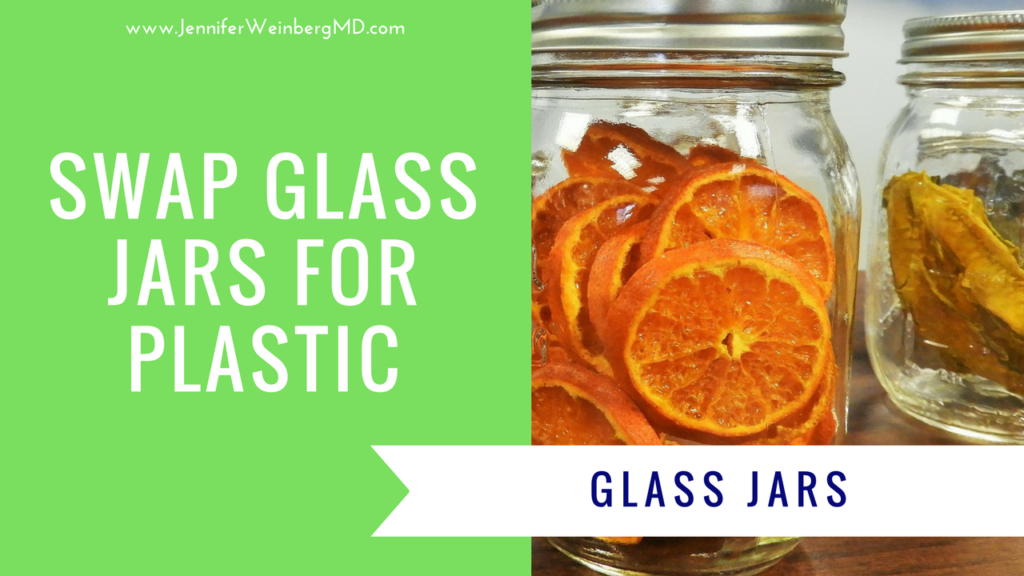
Glass jars like mason jars (affiliate link) come in many sizes, are inexpensive and are available at your local hardware store or online. They are great for toting your lunch on the go and are a beautiful way to store spices and dry goods in your kitchen.
To save even more money and be ultra-sustainable, thoroughly clean and reuse glass jars from food you purchase and use.
- Bring your glass jars with you to the bulk aisle of the grocery store to purchase dry goods.
- Fill glass mason jars with leftovers that you would otherwise throw away to take for lunch the next day.
- Use mason jars to store soups, salads, dressings, grains, smoothies, juices, flours, chopped veggies for meal prepping.
- Keep track of your daily water intake by drinking out of mason jars (affilaite link).
Swap Cloth for Paper
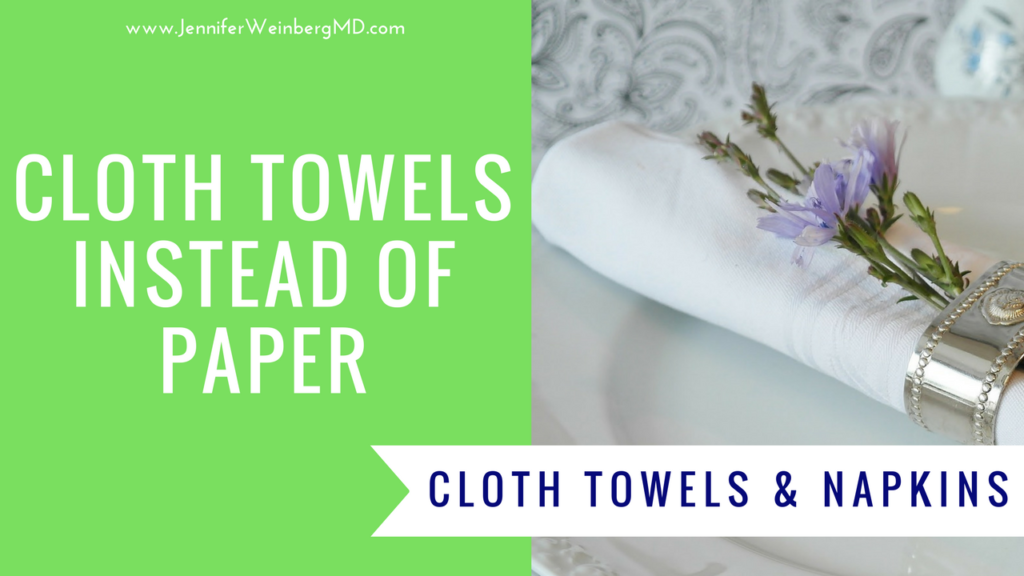
A key swap in a zero-waste kitchen is to replace disposable paper goods with reusable cloth options. Making the switch from paper to cloth is a great way to cut down on waste and create less trash. Most disposable paper products are bleached through a process that produces dioxins which can pollute the environment and accumulate in soil, water and air. Cloth options are also more durable and economical.
- Replace paper towels with reusable paperless towels and scrub cloth rags (affiliate links) or repurpose old cotton t-shirts into rags. Use them wherever you would use paper towels–for dish drying, hand drying, food drying and wiping spills.
- Replace paper napkins with reusable organic cotton napkins (affiliate links) or form a collection of unique finds from thrift stores, vintage stores and yard sales.
- Keep a basket or bin to collect your soiled cloths (affiliate link) and wash them in one batch to cut down on extra laundry.
What zero-waste swaps have you tried to make your home greener? 
I would love to have you in my Insider’s Community! Join for free and receive your FREE Chapters from The Whole Cure: 52 Essential Prescriptions to Overcome Overwhelm, Reclaim Balance and Reconnect with a Life You Love! You can pick up a full paperback or Kindle copy on Amazon for a wealth of insights, exercises and complete toolkit to help you uncover your true passions, authentic purpose and calm confidence as well!
To keep building your healthy lifestyle and best self through everyday habits, take the next step today to commit to a life you truly love and feel fully alive!
-
Pick up a copy of The Whole Cure to build resilience and manage stress in a way that makes life flow with greater ease and joy!
-
Access guided relaxation exercises utilizing the power of the breath and mind here.
-
Join my next online group Whole Cure Lifestyle Transformation Programs to build more powerful coping strategies and skills for meaningful stress management and a calmer life! Contact me to form your own guided online group or register for the next scheduled online program!
Medical Disclaimer: Information provided in this post and related resources are for informational purposes only. Jennifer Weinberg is not providing medical advice, diagnosis or treatment information. The information is NOT intended as a substitute for the advice provided by your physician or other healthcare professional. Every body is unique so be sure to check with your healthcare professional before making any dietary or lifestyle changes taking any medication or nutritional supplement or using any treatment for a health issue. Do not use this information provided for diagnosing or treating a health problem or disease. If you suspect you have a medical problem please contact your healthcare provider promptly and do not disregard professional medical advice based on anything on this website. This website and related resources are not intended to diagnose, treat, cure or prevent disease and do not create a doctor-patient relationship between you and Jennifer Weinberg. These statements have not been evaluated by the FDA. These products are not intended to diagnose, treat, cure, or prevent any disease.
This post was shared with: Healthy Living Link Party
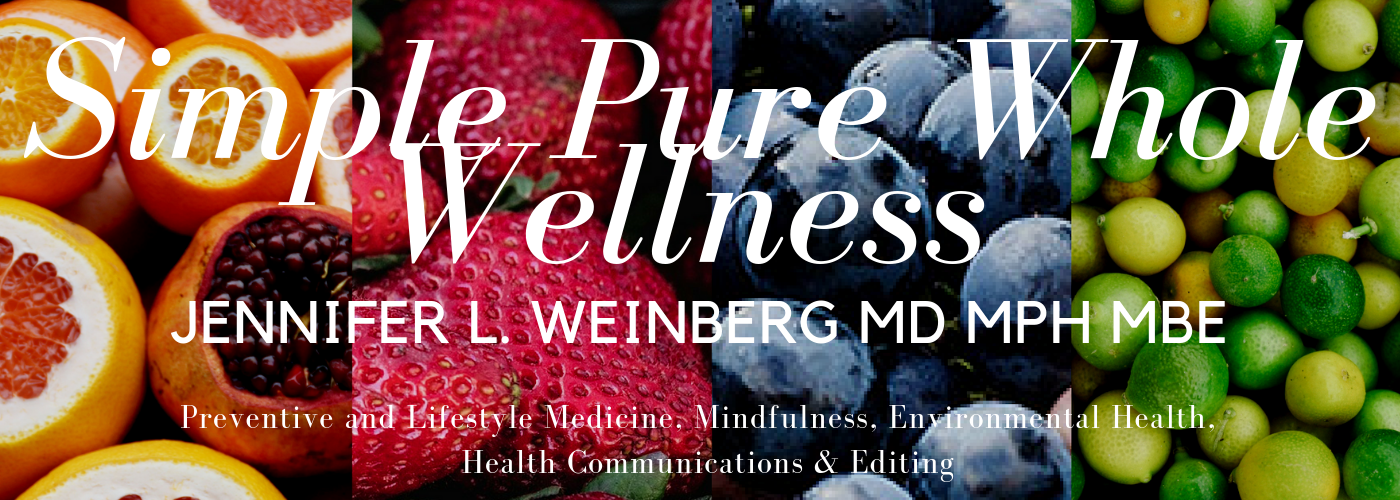

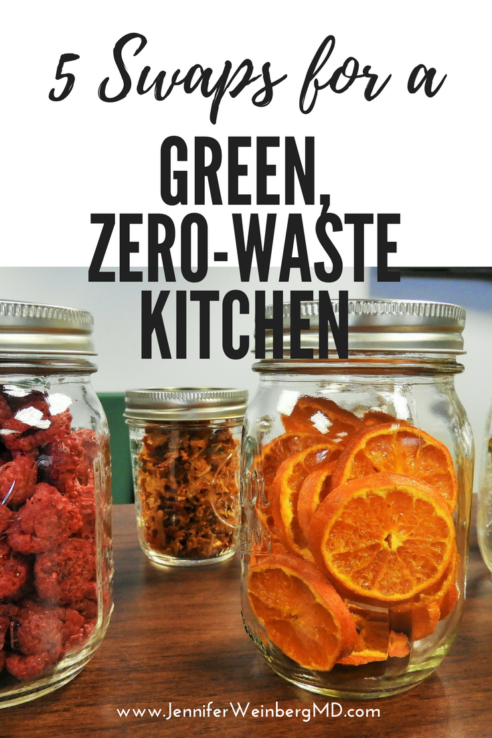
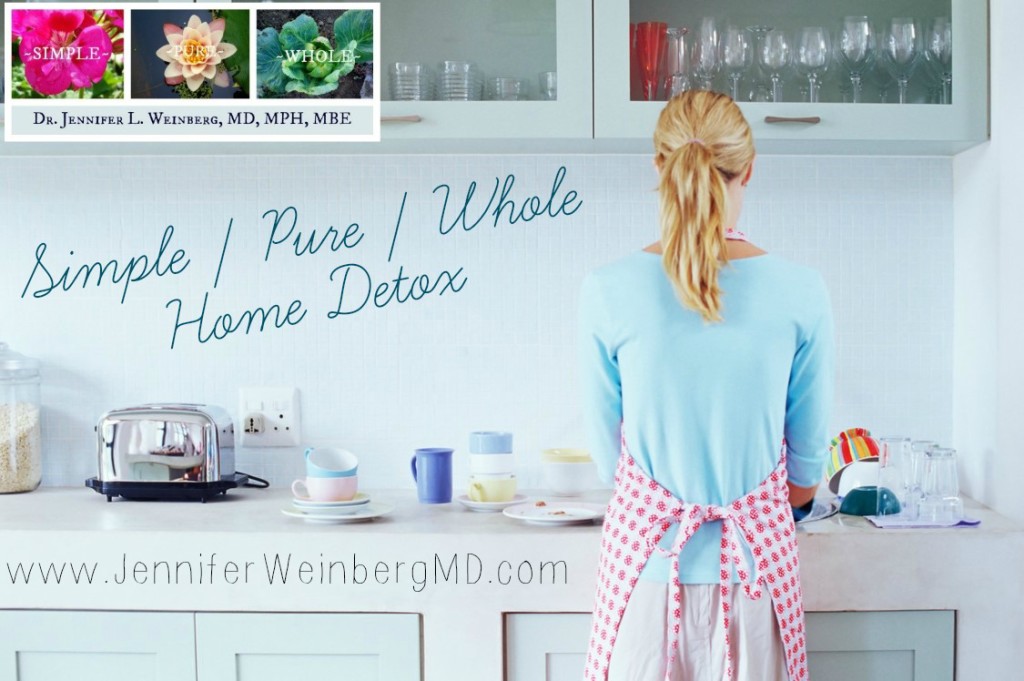
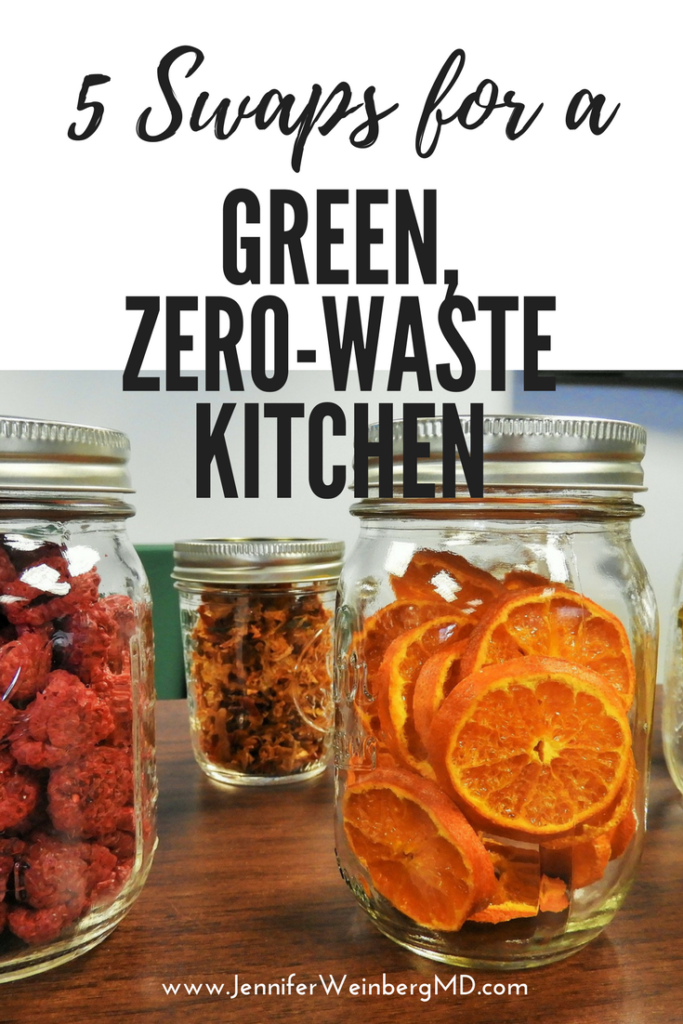
Comments